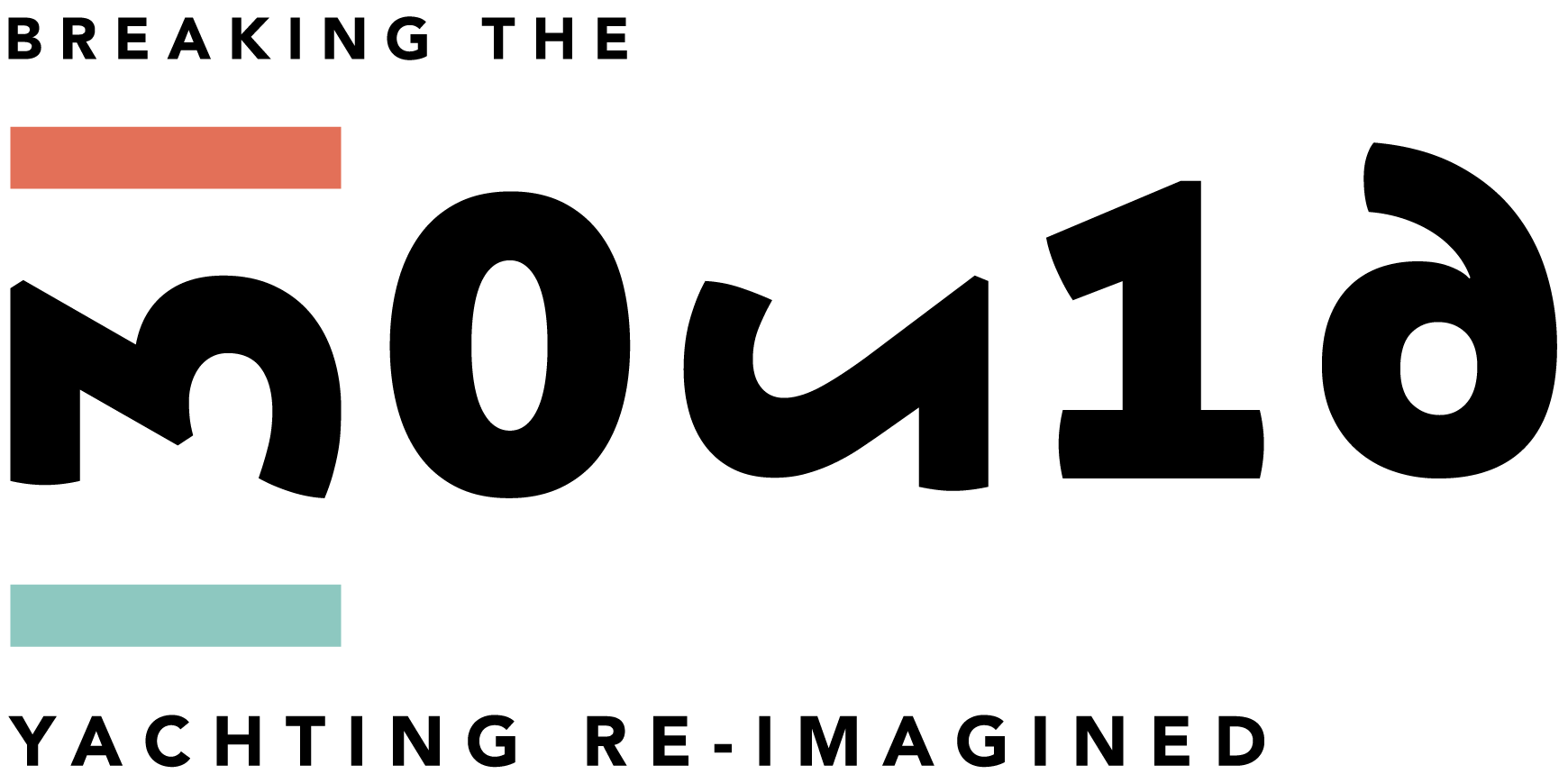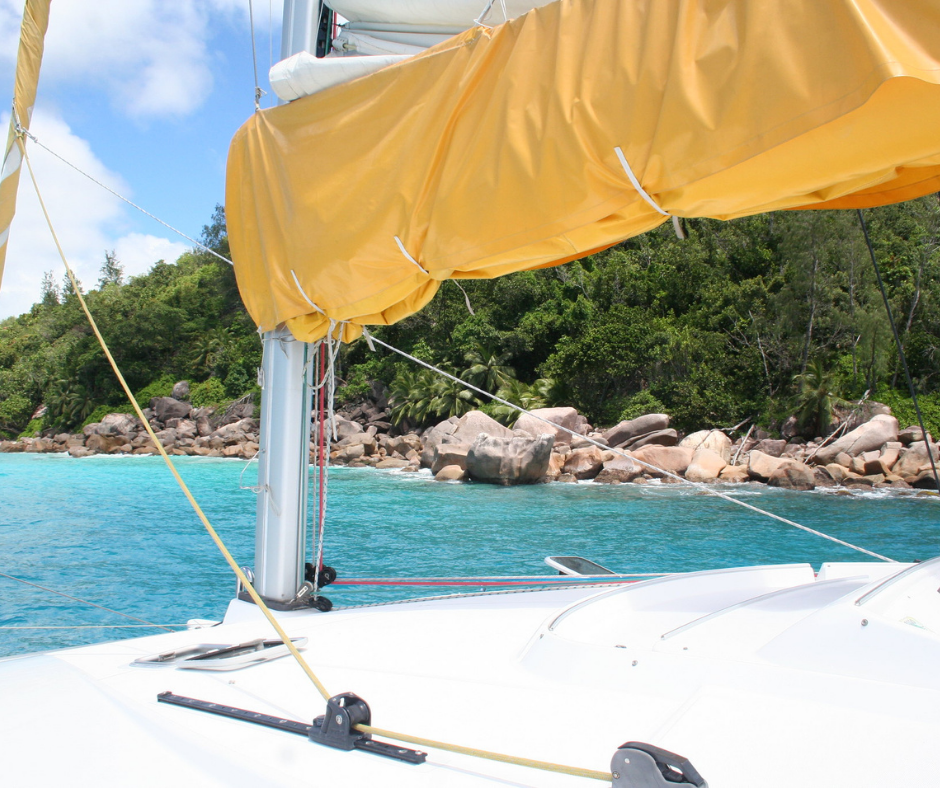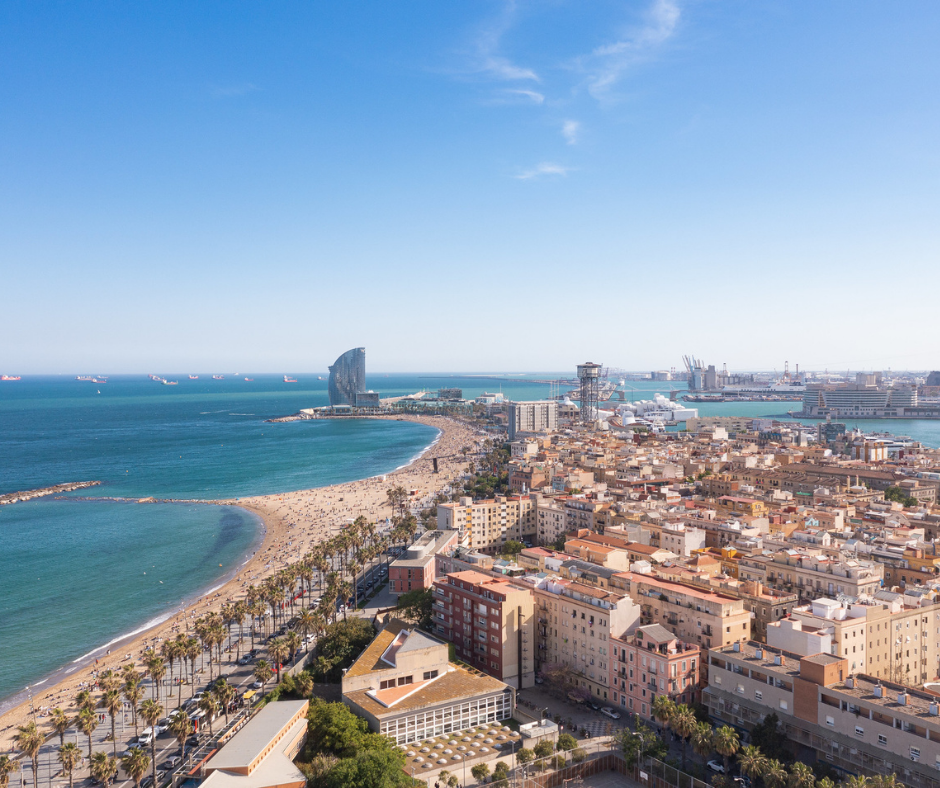Reforms on Professional Yachting Qualifications in Italy
Italy's maritime landscape is undergoing a transformative shift with the introduction of Law Decree no. 227/2023, published in the Official Journal on February 5, 2024. This decree brings significant changes to the yachting professional qualifications for seafarers engaged in chartering activities on pleasure vessels and other vessels catering to touristic purposes. Let's explore the key provisions and their implications for the yachting industry:
STCW Qualifications and Yacht Officers' Training
The decree aligns STCW qualifications with the 1978 International Convention on Standards of Training, Certification, and Watchkeeping for Seafarers. Notably, it modifies qualification requirements based on the tonnage of the vessel. Yacht Officers are now trained in compliance with international conventions, with training conducted on pleasure yachts or vessels over 15 meters in length engaged in charter or pleasure activities. The decree also introduces a special qualification for sailing vessels, streamlining the certification process for seafarers.
Yacht Officer and Yacht Captain Roles
The decree delineates the roles and responsibilities of Yacht Officers and Yacht Captains based on their qualifications. Yacht Officers may serve as Deck Officers on vessels up to 3,000 GT or as Masters on vessels up to 500 GT, depending on their training. Yacht Captains have broader authority, with the ability to serve as Masters or First Deck Officers on vessels engaged in charter or pleasure activities, without tonnage limitations. Additionally, the decree abolishes the previous 3,000 GT limit for Yacht Masters, expanding their opportunities in the industry.
Second-Class Yacht Officer Qualification
A significant addition is the introduction of the Second-Class Yacht Officer Qualification, tailored to specific roles within the Italian yachting sector. This qualification enables individuals to serve as Masters of yachts flying the Italian flag, limited to 200 GT, navigating in internal waters or the Mediterranean. The requirements for obtaining this qualification include age, education, certification, and passing theoretical and practical exams, ensuring competency and proficiency among seafarers.
Renewal and Equivalency
The decree streamlines the renewal process for Yacht Officer and Yacht Captain qualifications, allowing certain professions to be deemed equivalent to navigation service if performed for a minimum duration within the validity period of the qualification. This provision acknowledges relevant experience in related professions, facilitating the retention of skilled personnel within the industry.
Promoting Competitiveness and Professionalism
Overall, the reform aims to enhance the competitiveness of Italian seafarers and create more professional opportunities in the yachting sector. By aligning qualifications with international standards, introducing specialized certifications, and facilitating career progression, the decree seeks to elevate the professionalism and proficiency of the workforce. Moreover, by addressing the shortage of appropriate professional figures, the reform aims to attract investment and foster growth in the yachting industry.
Conclusion
Italy's Law Decree no. 227/2023 aims to increase the competitiveness of Italian Seafarers and create more professional vacancies in the country's yachting sector. The aim is to reverse the trend in recent years towards bareboat charters largely due to a lack of qualified professional officers.





%20(8).jpg)